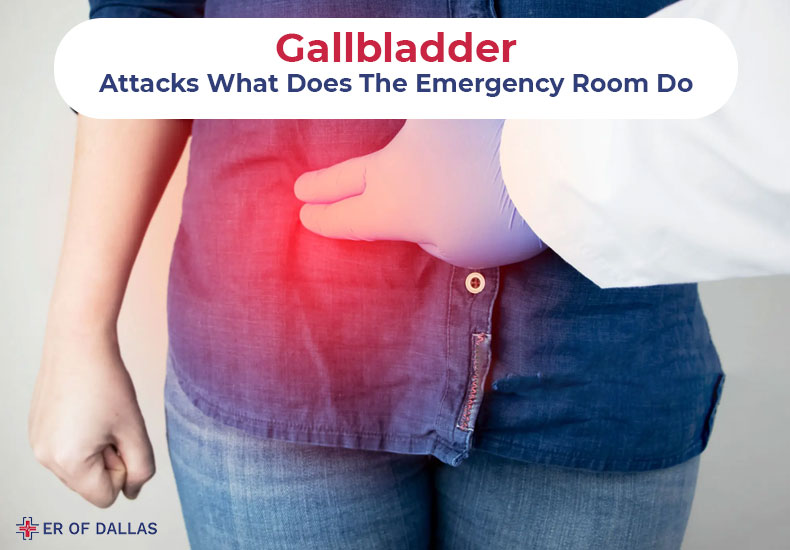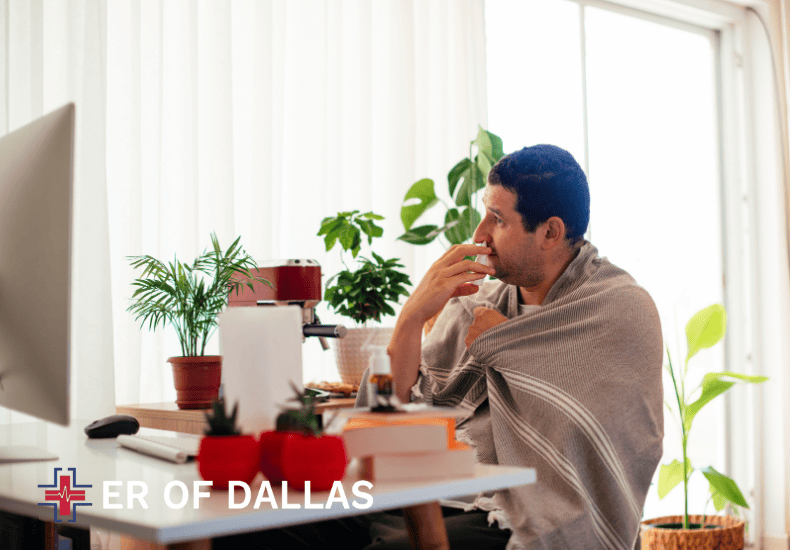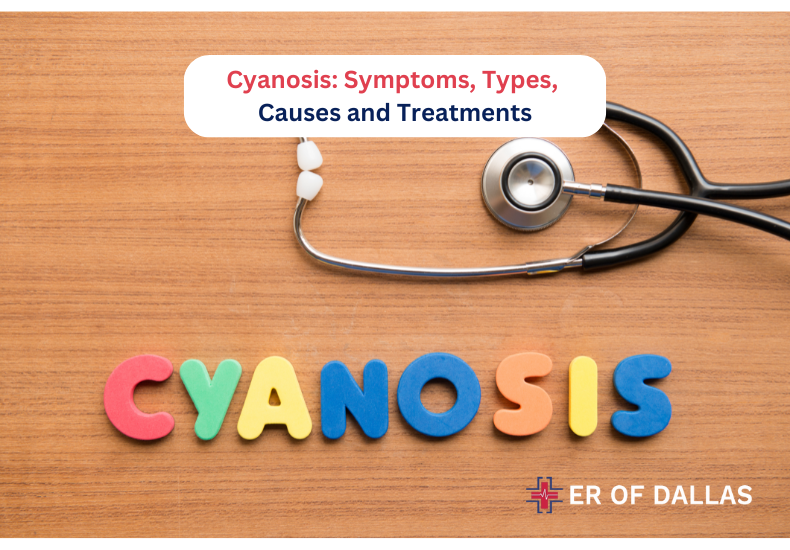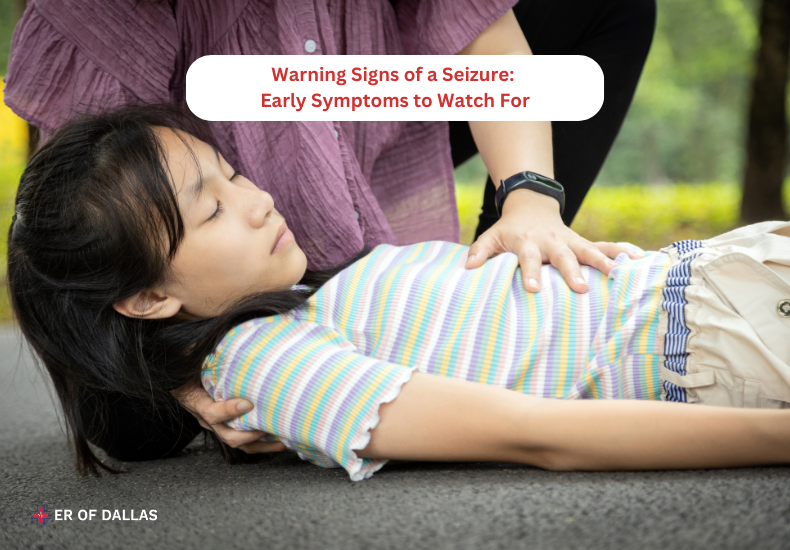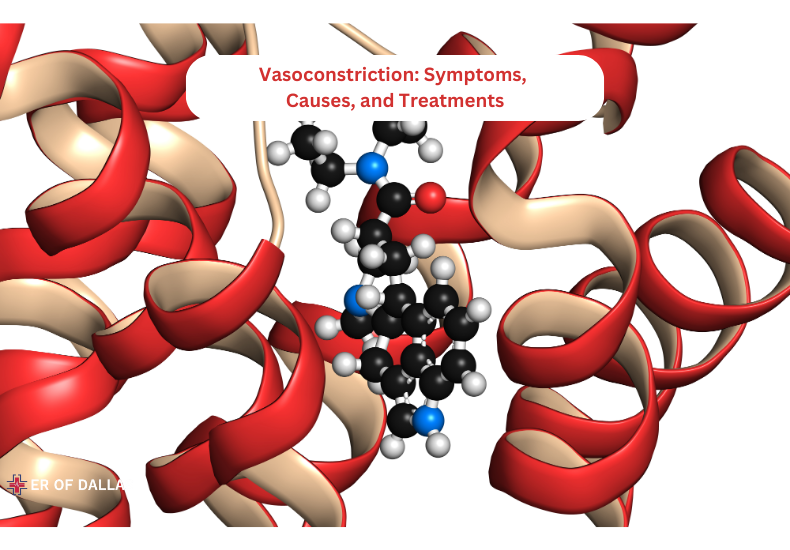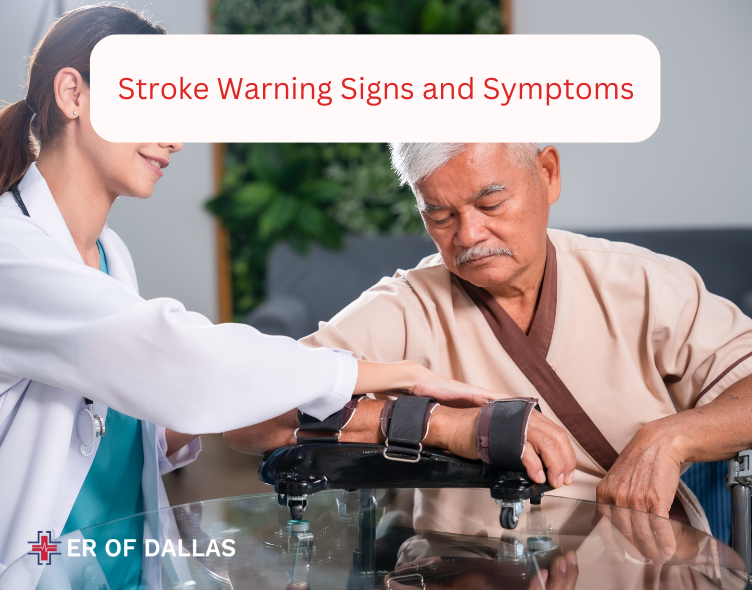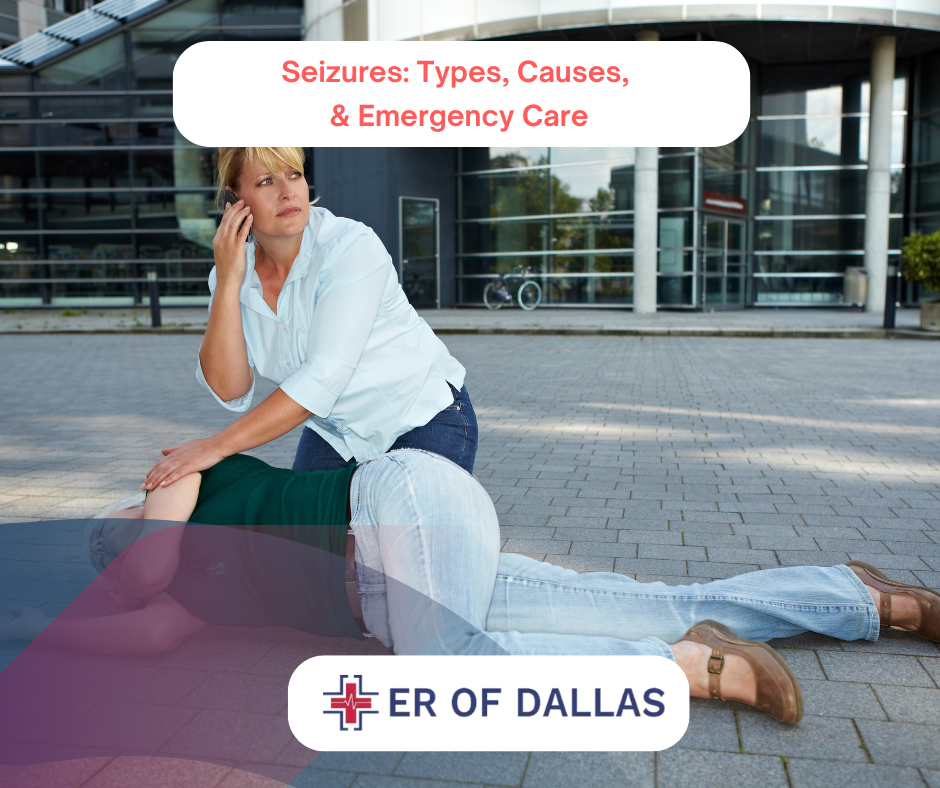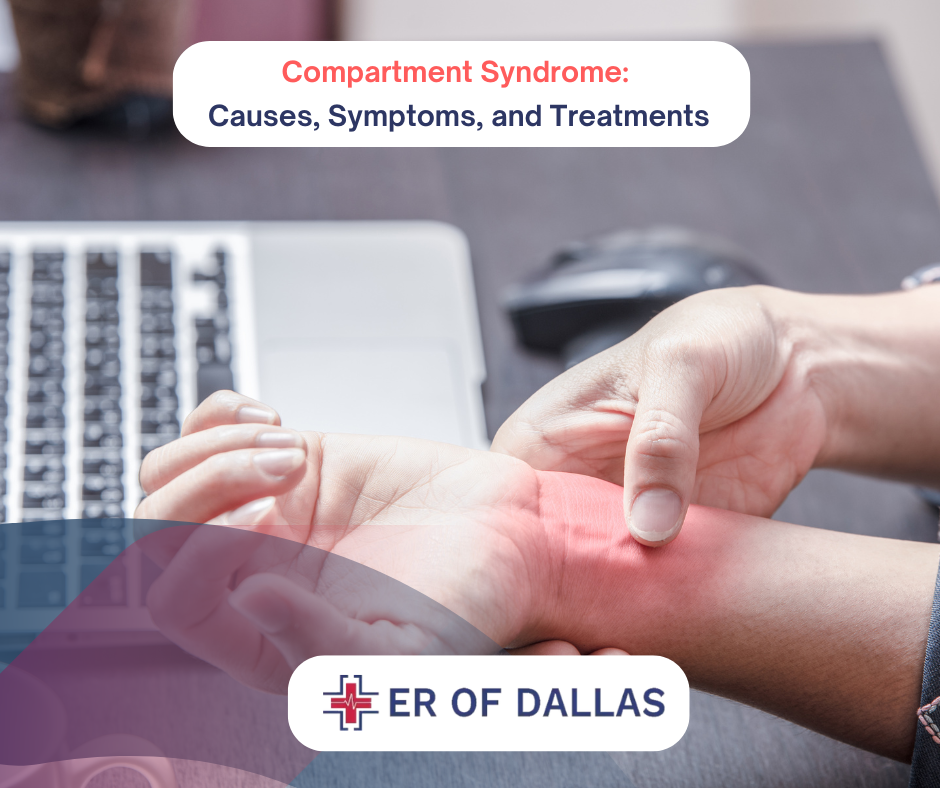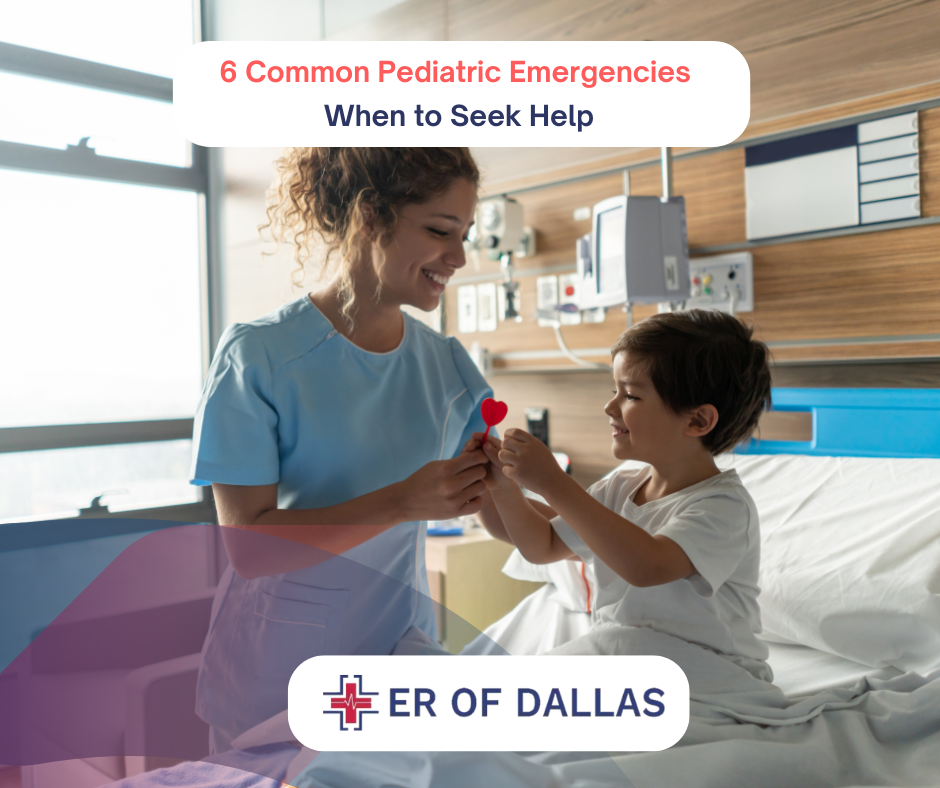Gallbladder attacks are one of the most common reasons that people attend the emergency room. Once doctors decide whether or not they need emergency gallbladder surgery, patients often leave with orders to schedule the procedure. Patients who are in danger of complications or repeated attacks should typically have emergency surgery. The more informed the patients are, the better able they are to advocate for themselves and avoid surgical delays.
It’s critical to understand when to go to the hospital in the event of a gallbladder attack. Gallbladder attacks occur when gallstones, which are crystallized pieces of digestive fluid, become caught in the tube that connects the pancreas and gallbladder. A strong pain in the upper right side of the abdomen, or sometimes in the middle under the ribs, is the most common symptom.
A trip to the hospital is recommended if you have a fever, are throwing up, or experience severe upper abdominal pain that lasts more than two hours, even though not all gallstones require medical attention. This article will describe gallbladder attacks when they could happen, and why visiting a hospital for treatment might be essential.
In short, the ER of Dallas can provide you with the best possible treatment for gallbladder attacks, allowing you to get back to living your best life as soon as possible.
What is The Gallbladder?
Your gallbladder is a little pouch that is connected to several parts of your digestive system. Your liver stores and releases bile, a chemical it produces to help break down fat. Your gallbladder is located in the upper right area of your abdomen, just below your liver. The gallbladder excretes bile into the biliary tract, which is composed of many bile ducts. This system works like a conduit to move bile from your liver into your small intestine.
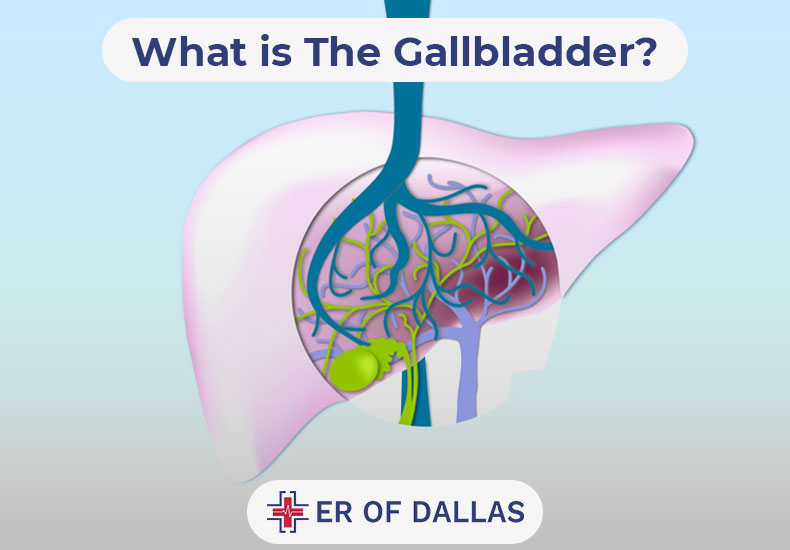
The gallbladder holds bile, a fluid that aids in digestion. The liver produces bile continually, which is stored in the gallbladder until you eat. When you eat, a hormone released by the stomach causes the muscles surrounding the gallbladder to contract and release bile.
Bile facilitates the breakdown of fat during digestion. It is made up of numerous components, including cholesterol, bile salts, and water. A grain of sand or the size of a golf ball can become gallstones due to the accumulation of certain substances, such as cholesterol. Up to 15% of people may have gallstones, yet the majority never experience any issues.
What is Gallbladder Pain?
The pain you feel in your gallbladder is not like any other stomach ache you have ever felt. There could be an abrupt, intense discomfort in your upper right abdomen. It feels like someone is cutting you with a knife. It is really painful and persistent.
The mildest and most common type of gallbladder discomfort is called biliary colic, which is an intermittent pain syndrome. A patient’s upper right abdomen, near the rib cage, is usually the site of a persistent, intense gripping or gnawing pain that can also spread to the upper back.
Gallbladder Pain: How Does It Feel?
Pain in the gallbladder can happen anywhere. Your upper right abdomen is where your gallbladder is located, thus pain there is more likely to arise. Other possible symptoms include upper mid-abdominal pain or chest pain.
One may have pain referred from the gallbladder. The phrase “referred pain” refers to discomfort that originates in one part of the body and is triggered by another. Gallbladder pain may be linked to discomfort in the right shoulder and back.
You Should Consult Your Doctor If You Experience These Warning Signs
Knowing our bodies and the early warning signs of potential health issues is vital, even if the majority of gallbladder attacks do not pose a serious threat to life. If you experience any of the following five warning indicators, you should receive medical attention and go to the hospital immediately to treat a gallbladder attack:
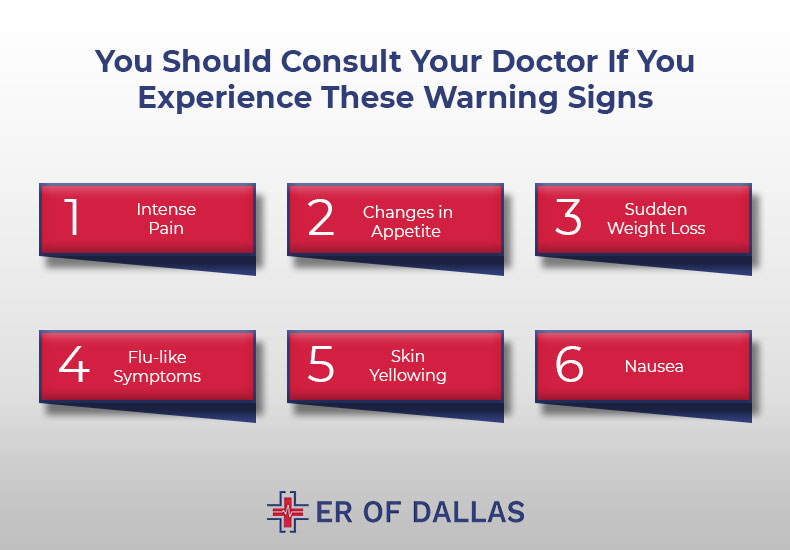
Intense Pain
Severe pain is a hallmark sign of a gallbladder attack. This abdominal pain typically manifests on the upper right side. Sometimes there are occasions when radiating pain is felt in the right shoulder or back. It can start suddenly and last for several hours.
This pain is brought on by gallstones, which are hard deposits that develop in the gallbladder and clog the cystic duct that goes out of the gallbladder. If such a blockage results in acute gallbladder inflammation or cholecystitis, prompt surgery can be necessary.
Changes in Appetite and Sudden Weight Loss
Even while many people desire to lose weight, sudden, unexplained weight loss may be a sign of a gallbladder problem, particularly if it is accompanied by changes in appetite.
One aspect of gallbladder malfunction is inadequate fat digestion, which leads to inadvertent weight loss. Moreover, gallbladder issues may lessen appetite by decreasing the appeal of specific foods, especially fatty ones.
Flu-like Symptoms, Such as Fever and Chills
Fever and chills along with abdominal pain could indicate acute cholecystitis, which is the aftermath of a gallbladder attack. This condition implies that the gallbladder is inflamed, usually due to an obstruction of the cystic duct. If the inflammation is not addressed promptly, a serious infection could develop.
A person should consult a doctor immediately if they have chills and a high fever, as these symptoms indicate that the body is fighting an inside infection.
Skin Yellowing
A blockage in the bile ducts or liver problems might be indicated by jaundice, which is a yellowing of the skin or the whites of the eyes. Because bile, an essential digestive fluid, cannot flow through bile ducts obstructed with gallstones, it builds up in the blood and causes jaundice. This symptom needs to be treated right away because it can point to a major liver or gallbladder issue.
Nausea and Vomiting for a Long Period
Vomiting and nausea are signs of many diseases, but when combined with other symptoms, they point to gallbladder attacks. Recurrent episodes of vomiting and dysphagia may indicate a serious gallbladder problem or digestive obstruction.
Seek prompt medical assistance and don’t disregard these symptoms, particularly if they persist for more than a few hours.
Gallbladder Attacks: What Causes Them
Fever and chills along with abdominal pain could indicate acute cholecystitis, which is the aftermath of a gallbladder attack. This condition implies that the gallbladder is inflamed, usually due to an obstruction of the cystic duct. If the inflammation is not addressed promptly, a serious infection could develop.
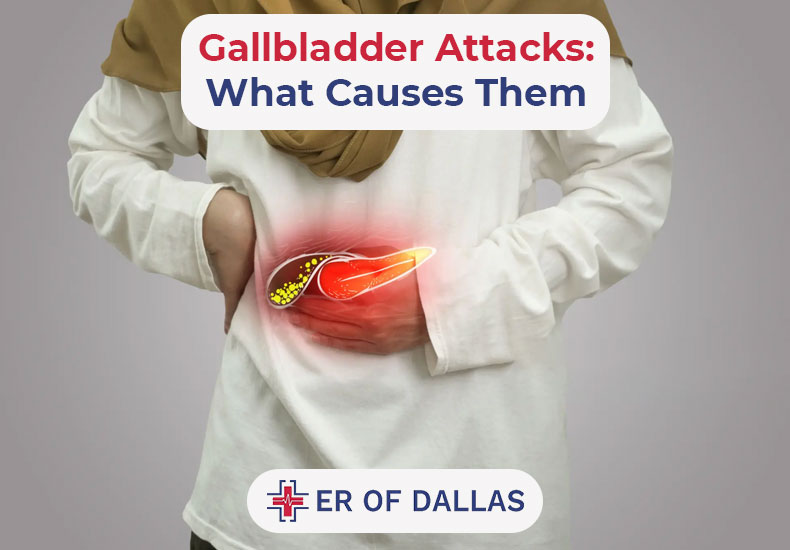
A person should consult a doctor immediately if they have chills and a high fever, as these symptoms indicate that the body is fighting an inside infection.
Gallstones
It’s possible that gallstone development is the most frequent reason for gallbladder attacks. These are hard, pebble-like deposits that develop inside the gallbladder.
Gallstones can develop when the components of bile, the digestive fluid the liver generates, are out of balance. Surprisingly, 5.9–21.9% of Asian adults report having such experiences.
When these stones cause a gallbladder attack, the cystic duct—the tube that carries bile from the gallbladder to the small intestine—becomes clogged. This blockage, which can result in severe pain, is the primary cause of most gallbladder attack symptoms. It should be noted that kidney and gallstones can present with similar symptoms, so there are a few more red flags to watch out for.
Inflammation
Acute cholecystitis is the medical term for gallbladder inflammation. This inflammation is typically brought on by a gallstone-induced occlusion of the cystic duct.
Acute cholecystitis can occasionally result in fever and chills in addition to pain. If treatment is put off, the gallbladder may fill with pus, causing a dangerous and perhaps fatal condition.
Fortunately, acute cholecystitis can be avoided by avoiding meals high in cholesterol and by maintaining a healthy weight and lifestyle.
Biliary Dyskinesia
Biliary dyskinesia is a less common but significant cause of gallbladder attacks. It depicts the abnormal motility or function of the gallbladder. In this case, the gallbladder either uses too much effort or does it in the wrong way when extracting the bile.
The result is similar to having gallstones or other blockages without any real impediment. Since the symptoms can mimic those of more common gallbladder problems, a precise diagnosis is crucial.
Gallbladder Polyps
Gallbladder polyps are growths that originate from the lining of the gallbladder’s walls. While the majority of these polyps are benign—that is, not cancerous—a tiny percentage could have serious repercussions. When these growths develop large, they may interfere with the gallbladder’s capacity to function, leading to symptoms similar to a gallbladder attack.
Although the exact genesis of these polyps is unknown, imaging tools can detect them. Gallbladder surgery may be suggested as a prophylactic measure if they are a concern.
A Gallbladder Attack When To Go To ER
Even while minor gallbladder attacks can occasionally be treated at home, there are specific circumstances that call for emergency medical care.
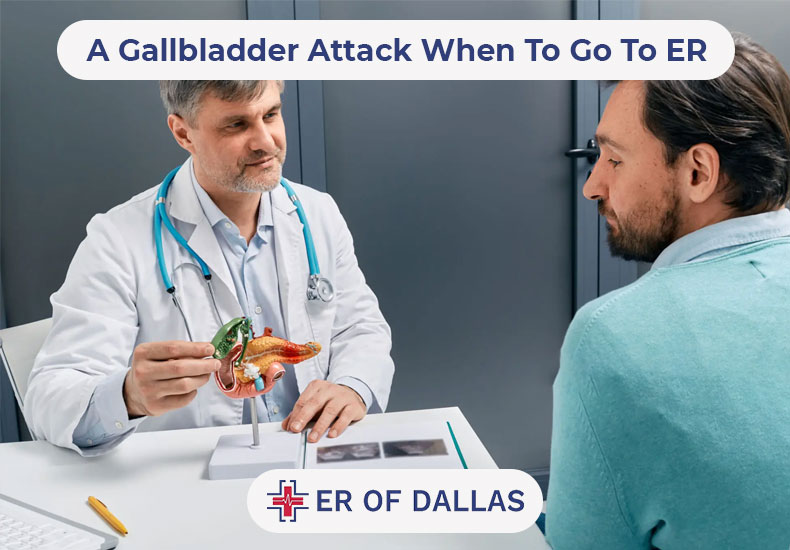
You ought to think about visiting the emergency care if:
- You feel an excruciating, ongoing stomach ache that won’t go away.
- Jaundice, chills, or a high temperature accompany the pain.
- You see black urine and stools that are light in color.
- You also have chest pain or difficulty breathing in addition to the symptoms of a gallbladder attack.
Is Stress a Cause of Gallbladder Attacks?
Inhibition of gall bladder emptying brought on by stress may interfere with energy absorption, making it difficult for subservient animals to convert energy-rich diets into mass gain. These findings are consistent with alterations in gallbladder function that occur before cholesterol gallstones form in humans and other species.
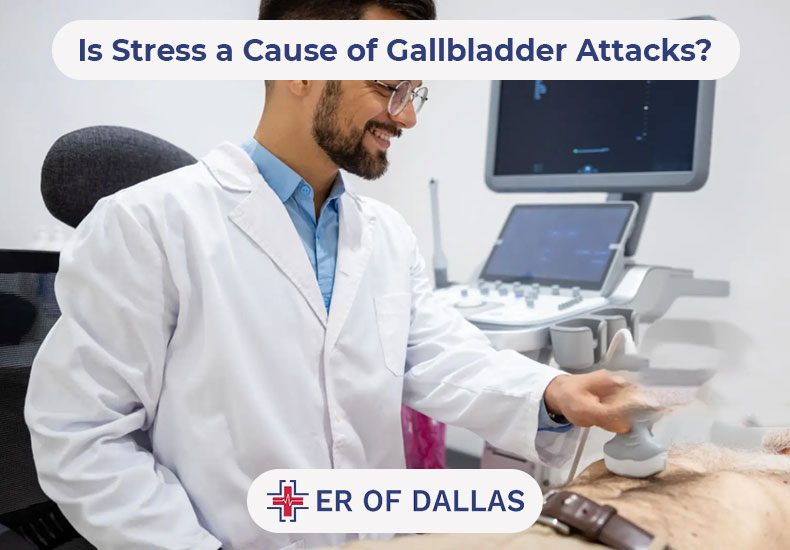
Additionally, the development of metabolic syndrome is made more likely by conditions associated with it. In animal models, social stress and other types of stress can cause cholestasis by preventing the gallbladder from contracting because of elevated sympathetic activity brought on by the corticotropin-releasing factor.
What Is The Average Duration of a Gallbladder Attack?
These attacks usually last for an extended amount of time. Nothing can be done as long as an attack is ongoing. Once the gallstone passes, the pain should go away.
Gallbladder attacks can cause excruciating pain to the point where emergency department visits are necessary. This is fantastic news because an evaluation is required in cases of acute pain. Similar symptoms to appendicitis, heart attacks, ulcer perforations, and other serious medical conditions can also be present in gallbladder attacks.
If you have never experienced pain in your gallbladder, therapy is not required, even if you have gallstones. If a patient has had one or two instances, they should be assessed and may want to prevent gallstones.
Do Gallstones Have a Fatal Outcome?
A gallstone’s presence does not endanger life. However, they may also have some dangerous adverse effects. Thankfully, this is a very uncommon occurrence.
An infection in the bile and gallbladder ducts may result from a large stone blocking the bile channels after it leaves the gallbladder. It could cause excruciating pain and infection.
In this case, you may need immediate assistance. If you’d like, get more details and medical advice from the ER of Dallas.
Care and Treatment Of Gallbladder Attack
A gallbladder attack can be incredibly painful and frightening. These episodes are often brought on by gallstones or other gallbladder issues, and they are accompanied by severe upper abdominal pain, nausea, and vomiting.
Fortunately, some treatments are available to lessen the symptoms of gallbladder attacks and address their underlying causes. This section will look at some of the most often-used treatments and provide a brief overview of each.
Medication for Pain
An essential part of treating gallbladder attacks is pain control. Severe stomach discomfort during an attack can be lessened by over-the-counter pain medicines like ibuprofen or prescription drugs.
To be sure a medicine is safe and appropriate for your situation, you must speak with a healthcare provider before taking any.
Medications That Dissolve Gallstones
Gallstones may eventually dissolve with the prescription of ursodiol or chenodeoxycholic acid for those who are not good candidates for surgery. These drugs are usually prescribed for cholesterol-containing gallstones that are smaller in size.
This method may not work for all gallstone types, and effects may take months or even years to manifest. Therefore, it is rarely advised to use this type of treatment.
Gallbladder Surgery (cholecystectomy)
In cases of severe or repeated gallbladder attacks, a cholecystectomy—the surgical removal of the gallbladder—may be recommended. Adhering to this procedure is among the most effective ways to prevent attacks in the future.
Fortunately, gallbladder removal often involves laparoscopic surgery, which reduces recuperation time.
Nutritional Adjustments
A common component of long-term therapy for gallbladder attacks is dietary changes. Reducing the amount of fatty and oily foods consumed can help prevent future attacks. You can consult a dietitian or other healthcare professional for personalized recommendations on a low-fat diet.
The Best Time To Visit A Hospital When You Have A Gallbladder Attack
Recognizing and treating gallbladder attack signs is critical. One of the issues that might result from gallbladder attacks if they are left untreated is acute cholecystitis, which may require gallbladder surgery.
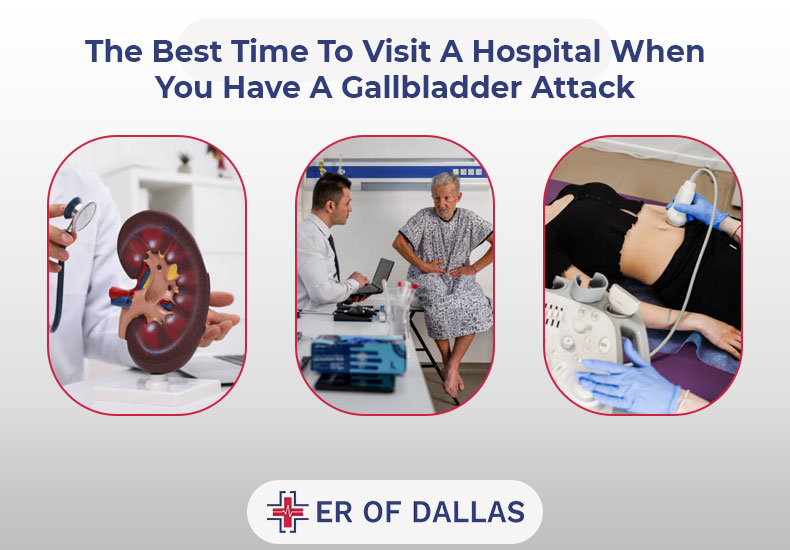
Gallstones can occasionally restrict the cystic duct, which is one common cause of these attacks. Prioritizing your health by being educated and seeking assistance as soon as you can will help prevent issues and ensure your well-being.
Always consult a medical professional if you have any queries or symptoms. Your health and well-being can be considerably enhanced by early action. To learn more about your options for relief and emergency gallbladder surgery, contact the Emergency Room Dallas now.

